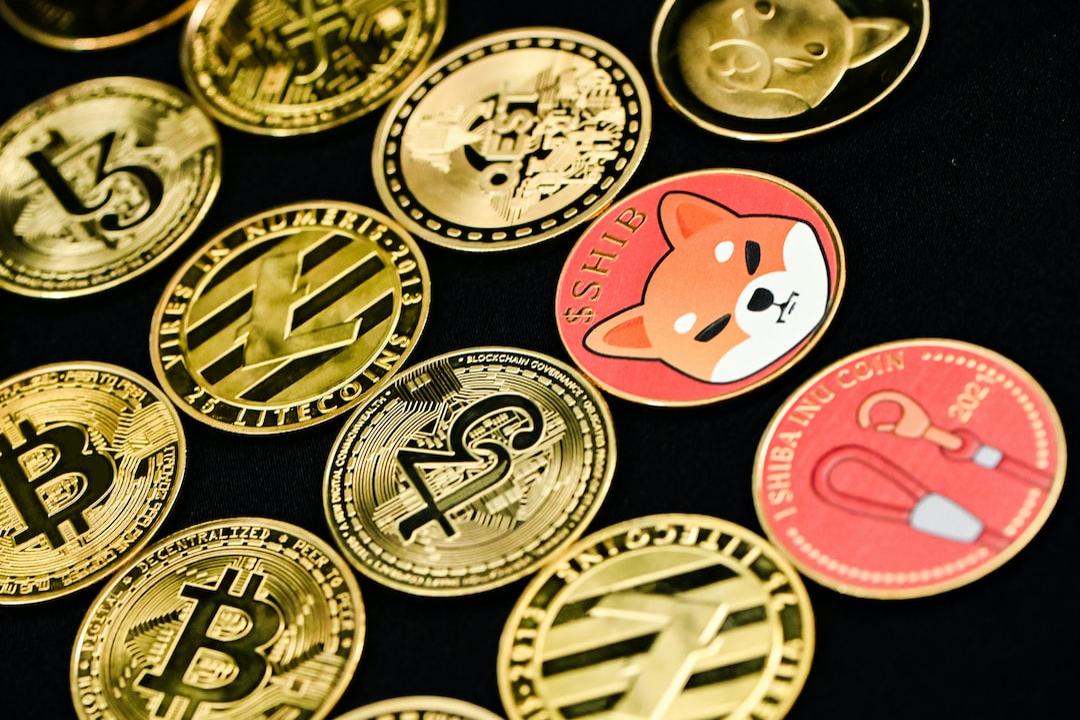Central Bank President Yang Jinlong throws 7 statements to stabilize the foreign exchange market
Following a 3.07% surge on the 2nd day and the largest single-day increase in nearly 40 years for the New Taiwan Dollar, which rose violently over 1 unit on the 5th day, breaking the 30 unit mark, closing at 30.145 NTD, soaring 9.19 angles, once again becoming the focus of the foreign exchange market.
The New Taiwan Dollar has surged for two consecutive days, causing widespread distress among Taiwanese factories. This coincides with the completion of the Taiwan-US tariff negotiations. Central Bank President Yang Jinlong personally threw out seven statements on the afternoon of the 5th and indicated that the sudden surge of the New Taiwan Dollar was a result of the temporary suspension of tariffs, the return of foreign capital to the Taiwanese stock market, and the anticipation of a New Taiwan Dollar appreciation by exporters, significantly increasing the supply of US dollars, leading to foreign exchange market volatility, which is unrelated to the United States.
Yang Jinlong: The sudden surge of the New Taiwan Dollar comes from psychological expectations, and the tariff negotiations do not involve exchange rate issues
“The exchange rate is determined by market supply and demand. This time, it is obviously market commentary that has led to strong expectations of exporters for New Taiwan Dollar appreciation. I personally think it is not good excessive volatility.” Yang Jinlong explained that after Trump announced a 90-day tariff suspension, external capital flowed back to the Taiwanese stock market, while internally, the market anticipated a New Taiwan Dollar appreciation and sold US dollars, increasing the supply of US dollars, leading to the rapid rise of the New Taiwan Dollar. The Office of Trade Negotiations of the Executive Yuan stated on the 3rd that the first round of substantive negotiations on equivalent tariffs with the United States ended in Washington on May 1st, sparking speculation about exchange rate volatility. In response, Yang Jinlong stated that the Central Bank did not participate in the Taiwan-US tariff negotiations, did not discuss exchange rate issues, and emphasized that the US Department of the Treasury did not request a New Taiwan Dollar appreciation. Yang Jinlong further pointed out that Taiwan’s trade surplus with the United States after the epidemic mainly reflects the strong demand from the United States for ICT products such as chips, electronic components, and servers, and the surplus amount continues to rise, unrelated to exchange rates. “We have no exchange rate factor with the United States, the Central Bank will not manipulate the exchange rate, nor has it been listed as a currency manipulator.”
Regarding market commentary often referring to the issue of the Mar-a-Lago Estate, mentioning that during tariff negotiations between the United States and major trading partners, requests may be made for currency appreciation and conversion of century bonds, Yang Jinlong stated that White House economic advisor Stephen Miran clarified recently that the concept of century bonds was proposed before he joined the Trump team and is not part of the current Trump administration’s policy options.
The New Taiwan Dollar has been surging all the way, and the intervention of the Central Bank is ineffective?
“Bloomberg” also attributes the strong appreciation of the New Taiwan Dollar to the impressive economic growth figures and the easing of global trade tensions, while the “Financial Times” separately analyzes that the real reason for the New Taiwan Dollar’s appreciation is related to the hedging needs of Taiwan’s life insurance companies holding a large amount of US bonds.
However, when a currency appreciates significantly in the short term, the central bank can intervene in a timely manner to stabilize the foreign exchange market. Over the past few decades, the Taiwan Central Bank has repeatedly emphasized that to avoid excessive volatility of the New Taiwan Dollar, it will intervene if there are concerns about harming the financial market. Why did they let the exchange rate soar this time? Yang Jinlong responded at a press conference on the 5th,
The Central Bank fulfilled its duty to intervene this time, but the foreign exchange market is determined by supply and demand, and this time it comes from excessively strong psychological expectations, even if the Central Bank intervenes, it is powerless to prevent the rise.
Although the Central Bank has repeatedly emphasized that it is unrelated to the United States, the “Financial Times” and “Bloomberg” speculate that, on the one hand, they are worried about being labeled as a “currency manipulator” by the US Department of the Treasury, and on the other hand, they are in a sensitive stage of Taiwan-US tariff negotiations, putting the Taiwan Central Bank in a dilemma.
Facing the pressure of this wave of strong appreciation of the New Taiwan Dollar, the Taiwan Central Bank emphasized that it has fulfilled its duties. How to adjust its intervention in the future will continue to be the focus of the international foreign exchange market in the near future.
This article is a cooperative reprint from: Digitimes
Read More: All Taiwan Internet Banking Apps are overwhelmed! The New Taiwan Dollar rises to a “two-digit” number, and people are queuing up to exchange foreign currency: Cathay United Bank, Taishin Bank… all affected
Which of the 14 financial holding companies has the highest dividend? Top 3 total dividends exceed 2 NTD: These 6 cash dividend yields start at 5%
Editor: Li Xiantai

